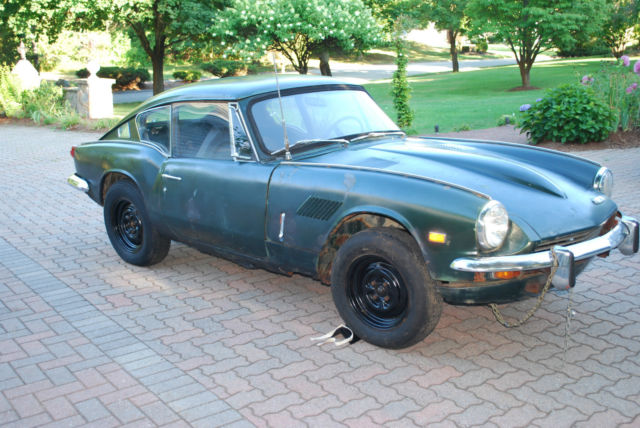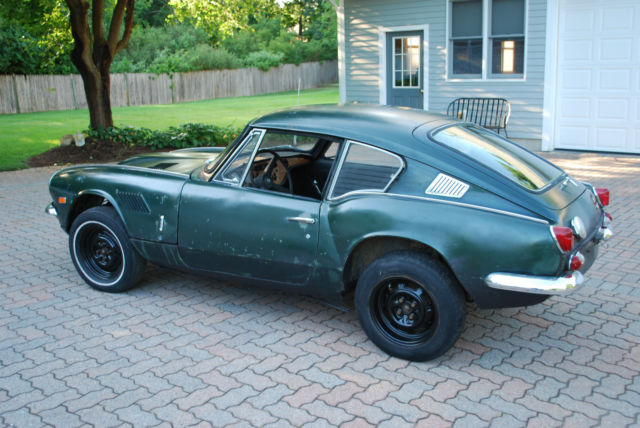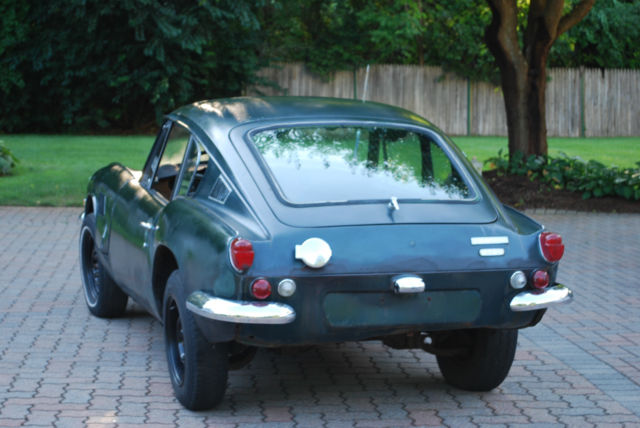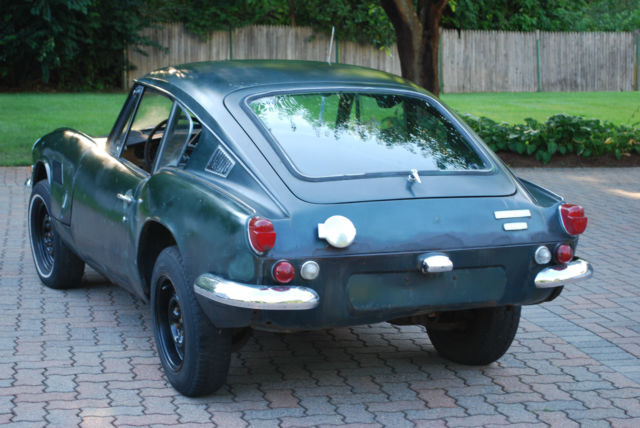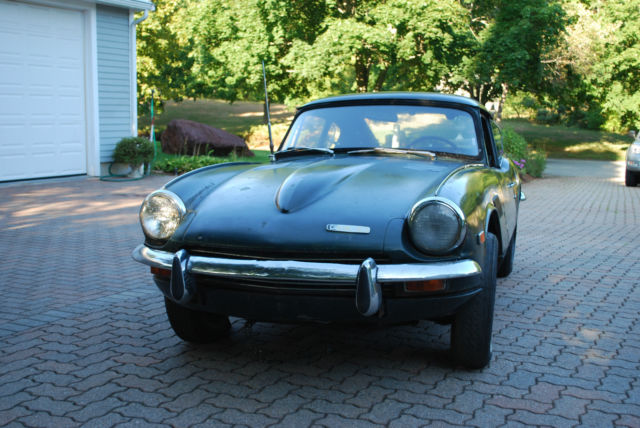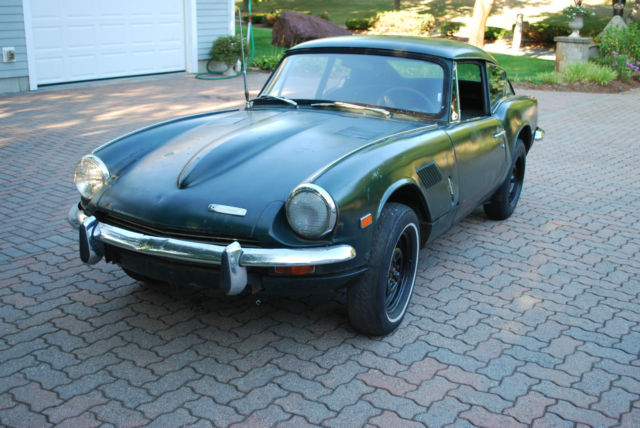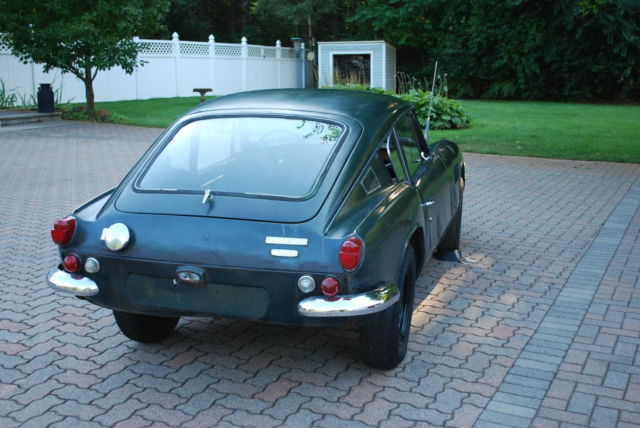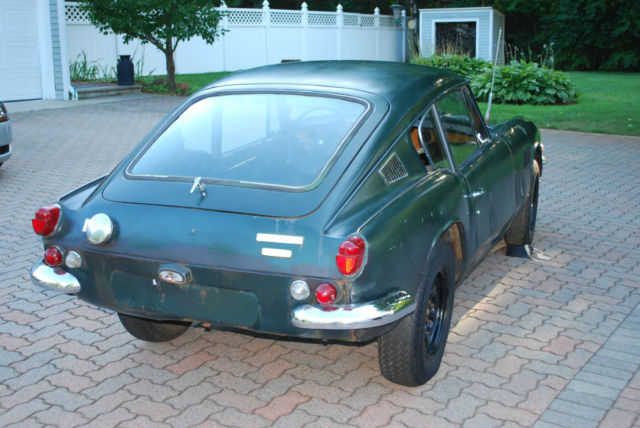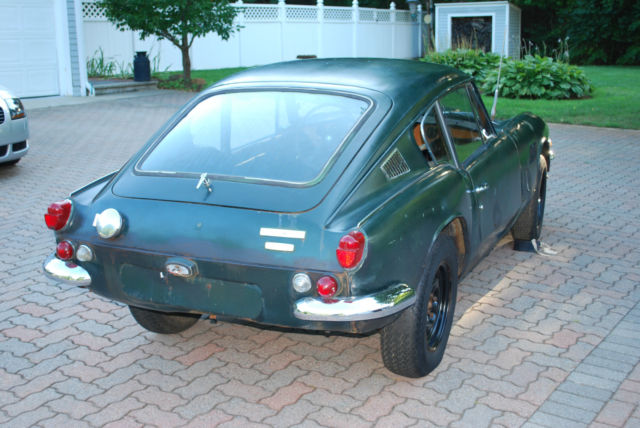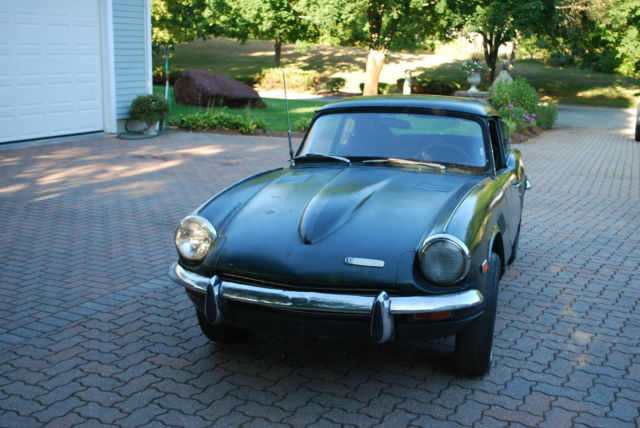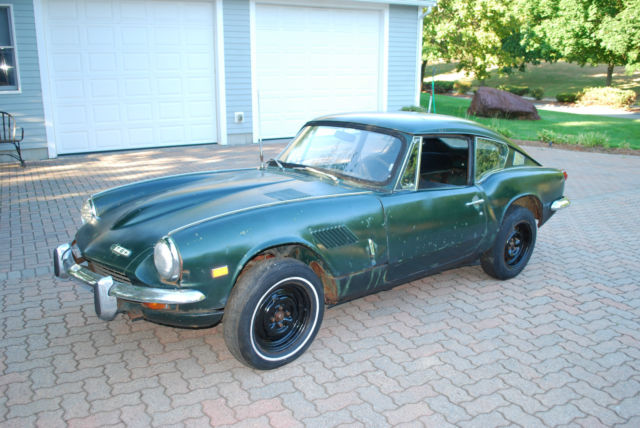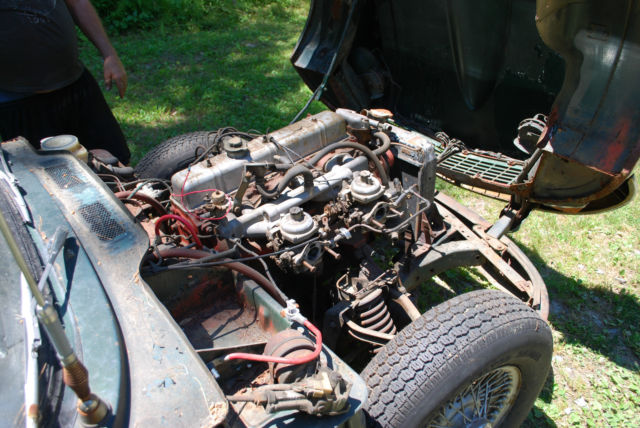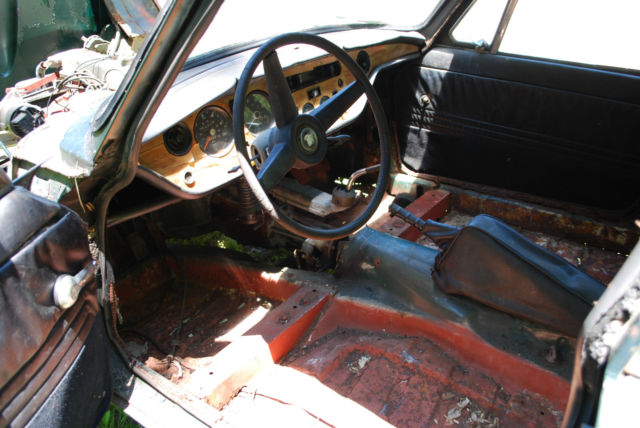1969 Triumph GT6+
- Make: Triumph
- Model: GT6+
- SubModel: coupe
- Type: Hatchback
- Trim: Standard
- Year: 1969
- Mileage: 56,466
- VIN: KC 51292L
- Color: Green
- Engine size: 1998CC straight 6 with 2 side draft carbs
- Number of cylinders: 6
- Fuel: Gasoline
- Transmission: Manual
- Drive type: RWD
- Interior color: Black
- Vehicle Title: Clear
- Interested?
1969 Triumph GT6+ coupe Description
1969 Triumph GT6 +, mostly original code 25 Connifer green paint, original full frame fully intact and solid, original floors mostly intact and never patched, needs light restoration, all parts are readily available, engine runs and has good oil pressure, most original parts are included with sale, call Mark at 978-663-9210 with any questionsfrom road & trackThe Triumph GT6 Is A Sweeping, Seductive Fastback With A Big Six
With an inline-six up front and fastback roof up top, the GT6 was beautiful grand touring on a budget.
Turning a convertible into a coupe is much more difficult than turning a coupe into a convertible, but the results are usually worth it. In 1963, Standard-Triumph's engineers sent a Spitfire convertible, then hardly a year into production, to longtime Triumph booster Giovanni Michelotti. The Italian designer returned with a dramatic fastback design, long and sleek and nearly Porsche-like, one that only improved with age.
Advertisement - Continue Reading Below
This year marks the 50th anniversary since the first GT6 rolled off the line. It is a stunning, swooping affair, a rare sight anywhere. It was cheap, too, relatively speaking: inevitable and hackneyed "poor man's Jaguar E-Type" comparisons are still being touted today. (Of course, unlike today, one didn't have to be a sultan to afford an E-Type, either.)
When the prototypes were built, the coupe's extra weight added so much power that the four-cylinder Spitfire engine could hardly move out of its own way. In most British cars, that seems to be the norm. But for the GT6, a car that actually looks like it could be quick, that just wouldn't do—so in went the 2.0-literinline-six from the2000 sedan, and the necessitating "power budge" that went with it. All cars deserve the "power bulge." Andfew things in life seem more proper than a coupe with a Big Six up front.
"Driving a GT6 is an absolute blast,"writes Hemmings. "If you like luxury, refinement and a feeling of solidity in an automobile, this isn't the car for you. But if you enjoy the responsive nimbleness of a short-wheelbase two-seater that can quickly go from slight understeer to oversteer in the blink of an eye, then this is the sports car you've long been waiting for."
Triumph always claimed that the GT6 was derived from the Le Mans-fighting Spitfire program, but that's justmarketing hyperbole.Michelotti began penning the GT6 in 1963, and the separate attack on the 24 Hours of Le Mans began in earnest a year later. In 1965, a Spitfire won its class. And when the Spitfire race car switched to coupe guise, it had some good groundwork laid before it.
What's cooler: the Michelotti swoop of the GT6, or the Pininfarina angles of archrival MG's B GT? That's a debate that must have once incited beer-spilling rage in pubs across England. But while the MGB GT made do with the B-series four-cylinder, the GT6 featured that Big Six, and MG's attempt at its own Big Six wasfar more lackluster. There's alwaysthe V8.
Either way, Triumph may have built over 300,000 Spitfires in a little under two decades—but the company churned out just 40,926 GT6s. (In comparison, MG builtapproximately seven million MGB convertiblesand 125,282 GT fastbacks.) If you can find a GT6, you'd do best to hold on to it.
Fortunately, here's your chance: there's just three days left to bid on an example,over at Bring A Trailer. It's the last year of the MkI model, proudly calling Toronto home. But it's staved off much of the rust that both British cars and Canadian-residing cars are imbued with, against all odds and financial sensibility. Sitting on Minilite wheels, with straight-tipped exhausts, it looks like it's nearly perfect. (Yes, that massive "bonnet" is a one-piece affair!) "The seller has shown this GT6 at local shows and uses it for Triumph drives," notes the website.
"Name another classic British fastback-styled sports car that you can purchase in decent condition, for less than $5,000," Hemmings enthuses. That was written ten years ago, back when we hadhope, jobs, etc. Now, Hagerty rates the MkI GT6 as "No value data available." Surely, that must mean it's expensive! But, after all, it's no E-Type—even if the GT6 is also a rare fastback that makes its driver look a bit like a cad.
 1969 Triumph TR-6
1969 Triumph TR-6
Mileage: 104,473
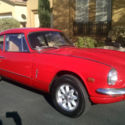 1969 Triumph GT6+ Mark 2
1969 Triumph GT6+ Mark 2
Mileage: 65,166
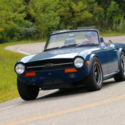 Triumph TR6 - Early VIN 1969 - Many Upgrades
Triumph TR6 - Early VIN 1969 - Many Upgrades
Mileage: 48,000
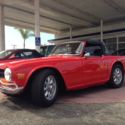 1969 Triumph TR-6 Cherry Red Roadster
1969 Triumph TR-6 Cherry Red Roadster
Mileage: 33,400
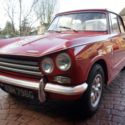 1969 Triumph Vitesse RHD $12500 obo
1969 Triumph Vitesse RHD $12500 obo
Mileage: 60,790
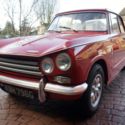 1969 Triumph Vitesse RHD $12000 obo
1969 Triumph Vitesse RHD $12000 obo
Mileage: 60,790
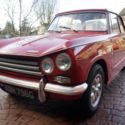 1969 Triumph Vitesse RHD $11000 obo
1969 Triumph Vitesse RHD $11000 obo
Mileage: 60,790
 1969 Triumph Spitfire Project
1969 Triumph Spitfire Project
Mileage: 71,000
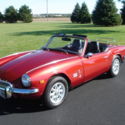 Beautiful 1969 Triumph Spitfire Convertible
Beautiful 1969 Triumph Spitfire Convertible
Mileage: 12,862
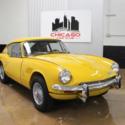 1969 Triumph Other GT6+ GT6+ Coupe Older Resto
1969 Triumph Other GT6+ GT6+ Coupe Older Resto
Mileage: 67,225
